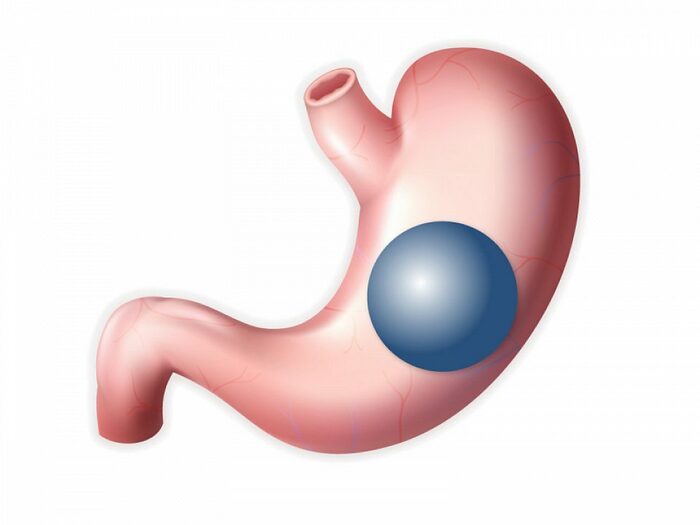Weight loss can be a challenging journey, and one common concern many face is maintaining the results long-term. After successfully losing weight, especially through interventions like the gastric balloon procedure, preventing weight regain is crucial for sustained health benefits. This article explores what doctors recommend to help individuals avoid regaining weight, combining medical insights with practical lifestyle advice. If you are considering or have undergone a Gastric Balloon in Dubai, understanding these strategies will empower you to maintain your weight loss effectively.
Understanding Why Weight Regain Happens
Before addressing prevention, it is important to understand why weight regain often occurs after initial weight loss. Medical experts highlight several factors:
- Physiological Adaptations: After weight loss, the body may reduce metabolism to conserve energy, making it easier to regain weight.
- Behavioral Factors: Returning to previous eating habits or a sedentary lifestyle can quickly reverse weight loss progress.
- Psychological Triggers: Emotional eating, stress, and lack of motivation contribute significantly to weight regain.
- Lack of Support: Without ongoing guidance or structured programs, maintaining new habits can be difficult.
Doctors stress that without sustained lifestyle changes, many people regain most, if not all, of the lost weight, regardless of the initial method used, including gastric balloon procedures.
Medical Recommendations for Preventing Weight Regain
1. Comprehensive Lifestyle Modification
Physicians emphasize that the cornerstone of long-term weight maintenance is a comprehensive lifestyle change that includes:
- Balanced Nutrition: Adopting a nutritious, calorie-appropriate diet that emphasizes whole foods — such as vegetables, fruits, lean proteins, and whole grains — helps control hunger and maintain energy balance.
- Regular Physical Activity: Engaging in consistent exercise, including both cardiovascular and strength training, boosts metabolism and helps maintain lean muscle mass.
- Behavioral Support: Counseling or support groups can address psychological factors, build motivation, and help manage emotional or stress-related eating.
- Monitoring: Regular self-weighing, food journaling, or consultations with healthcare providers helps catch early signs of weight regain and adjust habits accordingly.
These recommendations align with what successful weight loss maintenance programs emphasize across medical disciplines.
2. Structured Follow-Up and Support Programs
Doctors recommend participation in structured follow-up programs after procedures like the gastric balloon. These programs often include multidisciplinary teams composed of dietitians, psychologists, and medical specialists who:
- Monitor patient progress
- Provide tailored advice and adjustments to diet and exercise plans
- Address emotional and behavioral challenges
Such comprehensive programs have been shown to improve long-term success by maintaining motivation and adherence to healthy habits.
3. Mindful Eating and Habit Formation
Practicing mindful eating helps patients reconnect with their hunger and fullness cues, preventing overeating that can lead to weight regain. Healthcare providers encourage:
- Eating slowly and savoring food
- Avoiding distractions such as TV or smartphones during meals
- Recognizing emotional triggers and finding alternatives to food for comfort
Forming sustainable habits around portion control and food choices is essential to prevent slipping back into old, unhealthy eating patterns.
4. Understanding the Limits of Temporary Interventions
While the gastric balloon is a valuable tool to initiate weight loss by reducing stomach volume and appetite, doctors caution that it is a temporary device—typically used for six months—and not a standalone solution. Once removed, the stomach returns to its original capacity. Without continued lifestyle changes, there is a high risk of regaining lost weight, sometimes referred to as the "rebound effect," which occurs in up to 90% of patients if behaviors are not modified.
5. Incorporating Medical Monitoring and Possible Adjunct Treatments
For some patients, additional medical or pharmacological interventions might be recommended alongside lifestyle changes to support sustained weight loss. Regular check-ups to monitor metabolic health and adjustments in treatment plans help prevent weight regain in high-risk individuals.
Practical Tips to Maintain Weight Loss
To complement medical guidance, doctors and experts also suggest practical daily habits:
- Maintain hydration and avoid sugary beverages.
- Prioritize sleep, as insufficient sleep can increase hunger and cravings.
- Set realistic, measurable goals and reward non-food accomplishments.
- Plan meals and snacks ahead to avoid impulsive eating.
- Stay active throughout the day, including walking and standing breaks.
These habits create a supportive environment for sustaining weight loss long-term.
The Role of Gastric Balloon in Dubai and Long-Term Success
The Gastric Balloon Dubai offers a minimally invasive, temporary aid for weight loss by creating early satiety, helping users reduce calorie intake effectively during treatment. However, medical experts emphasize that the procedure works best when combined with comprehensive lifestyle education and support to prevent weight regain after balloon removal. Successfully maintaining weight loss requires ongoing commitment to healthy habits, psychological readiness, and regular medical follow-up to reinforce these behaviors for lasting health benefits.
By understanding and applying these doctor-recommended strategies, patients can transform initial weight loss into a lifelong achievement rather than a temporary fix.
This comprehensive approach to preventing weight regain combines medical knowledge with practical advice, offering a sustainable path to maintain the progress achieved with interventions like the gastric balloon procedure.





Comments